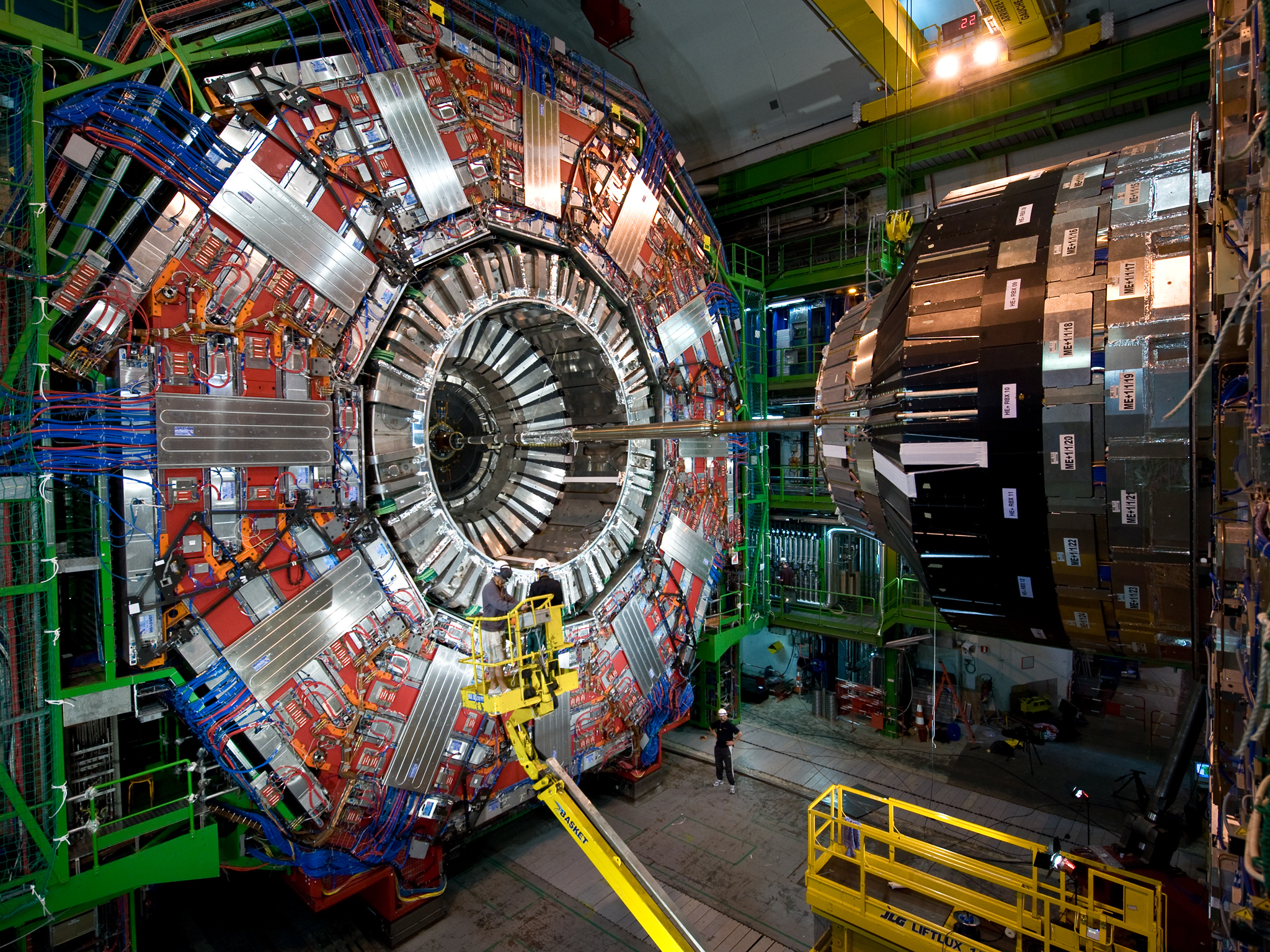University “Dubna” plans to participate in a CERN scientific collaboration
News, 25 February 2021
On 19 February, a senior researcher, Head of the Sector of the VBLHEP JINR Scientific Department of Heavy Ion Physics S. V. Afanasiev made the report “Modernization of endcap calorimeters of the Compact Muon Solenoid” at a meeting of the Science and Technology Council of the University “Dubna”.
One of the goals of the report was to discuss the possibility of participation of students of the University in the update of calorimeters in the frames of the CMS collaboration. This work is a part of a large-scale LHC modernization planned to be completed by 2026. The modernized accelerator will allow conducting studies at a beam collision frequency 10 times higher than the current one.
New calorimeters will be made on the basis of silicon and scintillator detectors and will have much more recording channels than the existing ones. Preparatory work and production of prototypes are already beginning.
At the suggestion of the Rector of the University, a working interfaculty group will be established for solving organizational issues, like making up a list of departments and offices the specialization of which will allow forming groups of students for participation in the work, consideration of a possibility to deepen knowledge of candidate students for participation in the work and appointing of responsible persons.
It is assumed that there will be groups in the University that will replace each other in the CMS experiment every 1-3 months. Moreover, distant participation is planned using the computing powers of the University and JINR.
As Rector D. V. Fursaev noted at the last meeting of the Science and Technology Council, “the University does not yet have work experience in such a scientific collaboration. But it has all grounds for it, and the presented proposal is a convenient momentum to join CERN.” Successful implementation of this task will contribute to the international scientific rating of the University.
In total, more than 4,000 people from 42 countries and 182 scientific institutes take part in the CMS experiment, including a large number of students.
Source: University “Dubna”
Scientists of the Joint Institute for Nuclear Research take an active part in the CMS experiment at the Large Hadron Collider (LHC). JINR began to participate in CMS at the stages of preliminary research and development, and later became one of the main participants of CMS experiment.
